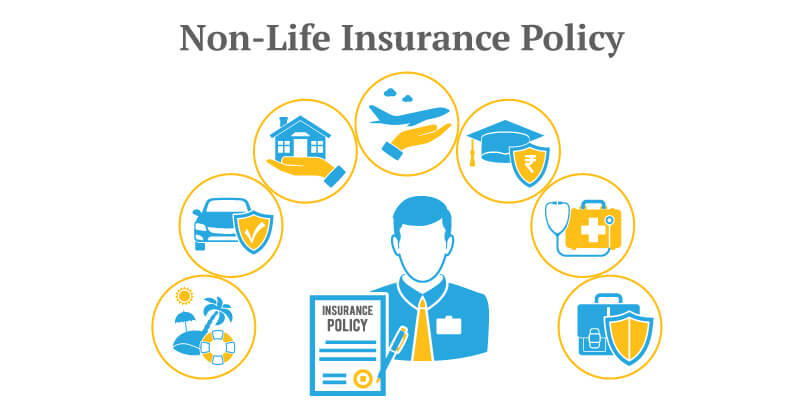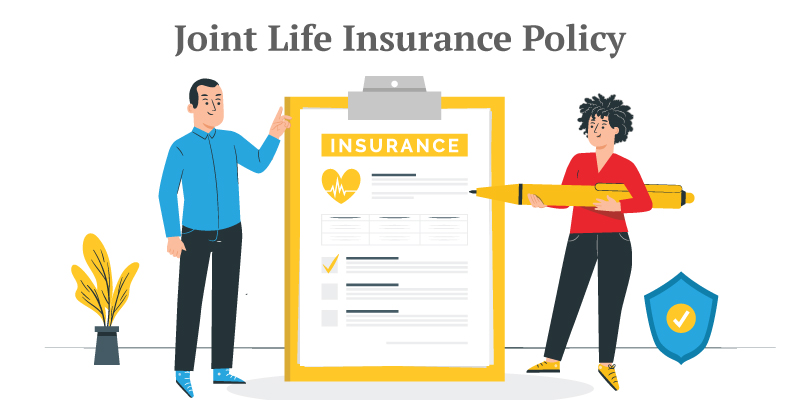While both these policies seem to overlap, there is a keen line of demarcation between the two.
Personal accident insurance plans pay you or your nominees with a lump sum when you are diagnosed with an accident.
Critical illness insurance plans, on the other hand, offer you a lump sum payment, when you are diagnosed with any one of the critical illnesses listed in the policy document.
Let’s take a look at the differences and similarities between the two products:

Personal Accident Insurance: Claims Procedure
It’s essential that you know all the details about the claim procedure so that you know what needs to be done during an emergency. Make sure to have the contact details of the claims team of your insurer stored somewhere accessible, so that you can quickly contact the corresponding team during an emergency.
Most insurers require you to file a claim within a specific number of days of the incident. Refer your policy document for more details about the claims procedure of your insurer. Here’s the gist of the general claims procedure for all personal accident insurance plans.
How to file a personal accident insurance claim?
To start the claims process, you have to contact the insurer within a specific time frame. Make sure to check the exact time allowed in your policy document. If an accident occurs, you need to get in touch with the claims department of the insurer, as quickly as possible.
Make sure to have the following details handy while contacting your insurer:
- Policy number
- Mobile number of the insured/nominee
- Date, time and location of the accident
- Name of the person injured
- Brief description of the accident
- Extent of injury/loss
Once you have provided these details, the claims team member will provide you with a claims reference number. You then have to download the claims form from the insurer’s website or get the claims form from a representative of the insurer. Fill up the details of the claims form and submit it with relevant documents to the claims department.

Here’s a list of the documents that you have to provide for different types of claims.
For Accident Injury Claims
- Duly filled claim form
- FIR (First Information Report) if the accident was reported to the local police department
- X-rays, pathology reports and other medical documents
- Statement of the attending physician
For Permanent Disability Claims
- All the above-mentioned documents, along with disability certificate notarized by an authorized surgeon or the local municipal hospital
For Temporary Disability Claims
- All the above-mentioned documents, along with disability certificate notarized by an authorized surgeon or the local municipal hospital and sick-leave certificate certified by the employer
For Emergency Medical Expenses due to an Accident
- Duly filled claim form
- Police FIR, if applicable
- X-ray report, pathology reports, and other medical documents
- Statement of the attending physician
- Diagnosis, prescribed line of treatment and doctor’s prescription
- Cash memos and other medical bills
For Hospital Cash Allowance
- Hospital cash claim form
- Diagnosis, prescribed line of treatment and doctor’s prescription
- Hospital discharge card
- Statement of the attending physician
For Accidental Death Claims
- Duly filled claim form
- FIR or panchnama
- Coroner’s report or post-mortem report
- Notarized death certificate
- For payment to the beneficiary – the beneficiary has to provide succession certificate or notarized affidavit
*Note that these are just general list of documents you have to provide. Your insurer may require you to submit additional documents depending on the claim and the nature of the accident. Additionally, the claims service representative from the insurance company may visit you at home or at the hospital, to collect further details.
Tax Benefits of Personal Accident Insurance
Personal accident insurance plans, unlike other insurance products like health insurance, term insurance does not offer any tax benefits. This means you cannot claim tax deductions for the premiums you pay.
However, you have to understand that the main motto of purchasing an insurance plan is not for tax benefits, but for protection against uncertainties in life.
Cre: Daisy/policybazaar.com



